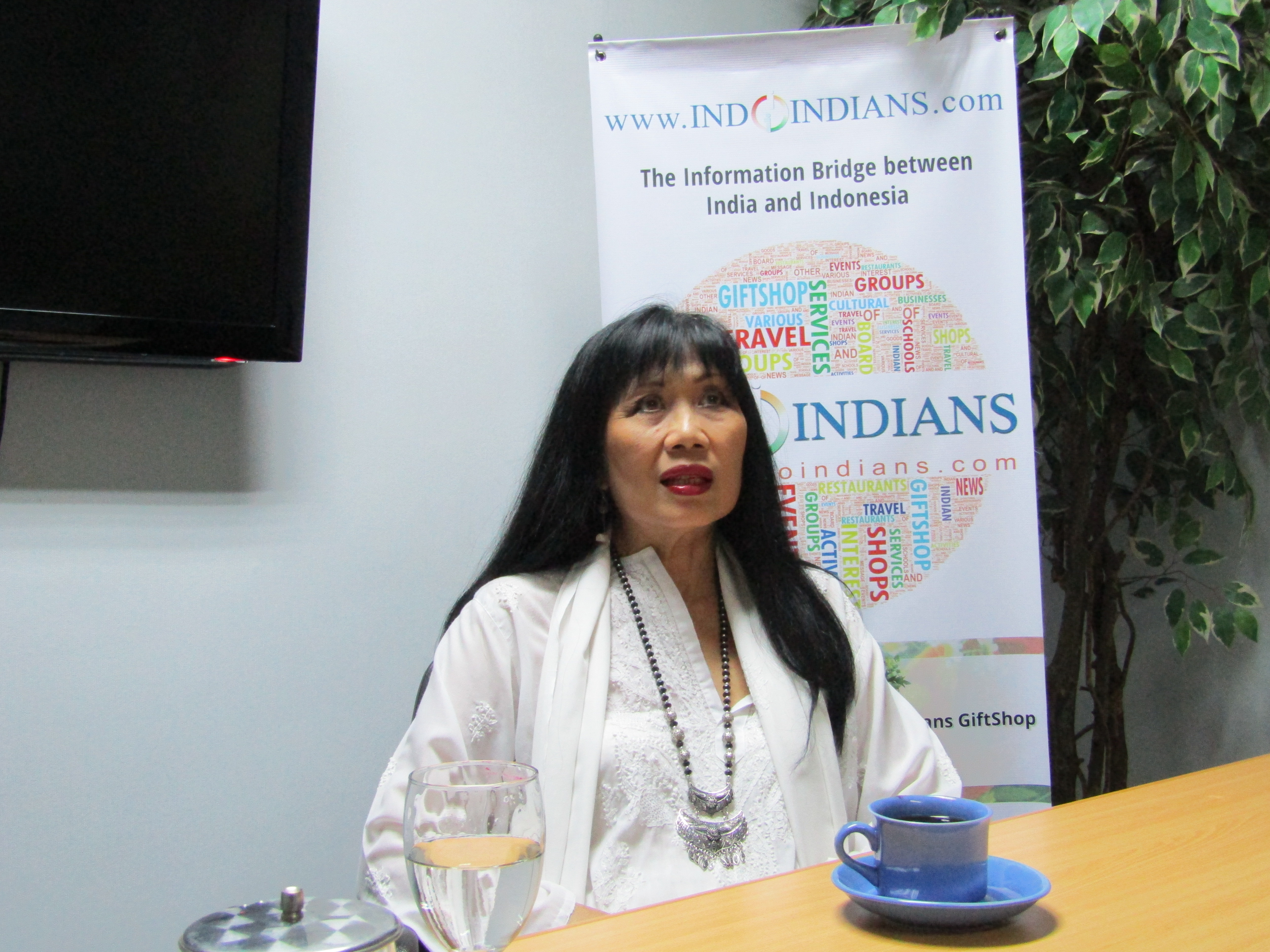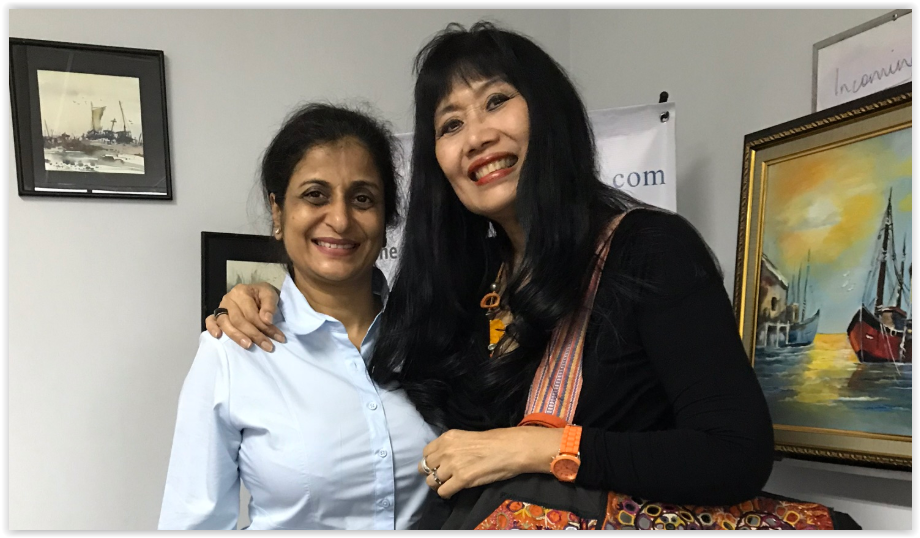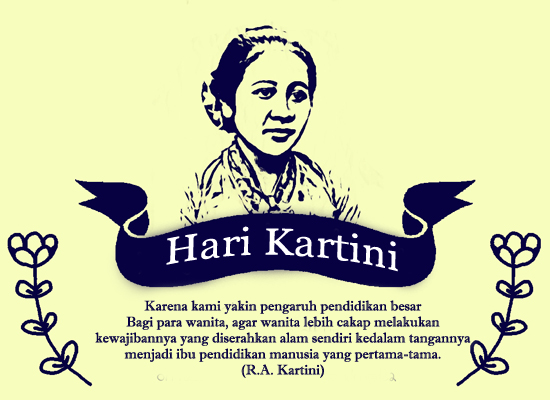Why don’t we all be pemangku kehidupan – carriers of life, embrace each other and our differences because that is what makes us Indonesians and what makes us strong‘, Julia Indiati Suryakusuma remarked in her interview with IndoIndians.com.
Julia Indiati Suryakusuma is an Indonesian feminist writer born in New Delhi, India July 19, 1954. As a child of a diplomat, her mind has been enriched with cross-country mobility experience. She is a one of Indonesia’s leading and most outspoken opinion-makers – columnist, author, activist, feminist and cultural critic. She began writing in 1971 and has published many brilliant books such as ‘State Ibuism: the Social Construction of Womanhood in New Order Indonesia’ (1988); ‘Sex, Power and Nation’ (2004), and ‘Julia’s Jihad’ (2010).
Her feminist stint started from when she was a child – she was always bothered by things that didn’t seem right. As a girl in an Indonesian household, she could already feel the effects of patriarchy, especially after her brother was born when she suddenly became second-best.
Her mother often accused her of wanting to change the world. Even if she didn’t understand what it meant back then, it has always been her life’s mission: to make things better, certainly more just, fair and equitable. As a writer, she had many inspirations throughout her life. Not only her environment and what is happening around her, but also the people around her. ’I am inspired by people all the time. If you adjust the way you look at the world, there are so many miracles in life. I can’t point to one single thing or person because many people inspire me. For example, people who stretch themselves to their full capacity, or disabled people who can do things that even able-bodied people can’t. That’s inspiring!’
Now at 64 years old, Julia looks up to people who are much older than her. Mahathir Muhammad (92), Didi Nirmala (83) and Prof. Saparinah Sadli, her former lecturer, are just some of them. ‘She [Saparinah Sadli] is 91 years old and she still stands erect and has a hearty laugh. I think old people are my inspiration now because I just entered my “third act”. Jane Fonda says that life is made up of 3 phases or acts. The first and second 30 years, and the third part is 60 onward. Fonda doesn’t see life as a curve: going up, then down… growing old and becoming decrepit. Instead she sees it as an ascending staircase. You continue developing because she believes in lifelong learning and self-development, as do I.’ Julia also quoted Pablo Picasso who said, “Youth has no age” – meaning, you can be young at heart at any age.
Being a feminist in Indonesia is no easy matter. No doubt that she has experienced negativity and opposition. Yet throughout it all, she has managed to stay extremely positive, ‘Even before I’ve realized it myself, I’ve been accused of being very positive,’ she said laughing.
In addition, she credits Brahma Kumaris for calming her mind and emotions and for providing guiding principles in her life. ‘They [Brahma Kumaris] really helped me deal with negativity. For example, they teach you to bless people who give you negativity, so that’s what I try to do. When people get negative, are nasty or mean to me, I bless them.’ Apparently it wasn’t easy in the beginning, but she started at the age of 40, and now she tries to make it a habit in her life.
Now having done many things during her first and second acts, she looks forward to what the future brings. For one, she is ecstatic about getting older. At her age, she has learned so much that she doesn’t want to go back to being younger. Getting older meant that she can do similar things she did when she was young but on a higher level because “you are wiser, are not a slave to your emotions, and know what meaningful things to prioritise in life.” When she was younger, she used to allow herself to be burdened by anger, jealousy, people’s opinions and negativity. But now she has been able to release that and can use her energy for more positive and creative things . This is important, because, “There is still so much that I wants to do in my life”.
Julia also gave her opinions regarding the recent issues that have plagued Indonesia, namely terrorism and the rise of fundamentalism. ’I think it’s a very challenging time in Indonesia. You could say it’s a convergence of the past, present and future. 20 years ago, in February 1998, we women went to the streets as ‘mothers’ when we demonstrated against exorbitant prices, as well as state violence, as Suara Ibu Peduli (the Voice of Concerned Mothers). Now motherhood has been taken on by female terrorists as a license to kill others and even their own children. It is horrific and completely unimaginable for me. I am heartbroken and have been crying a lot since the recent string of terrorist attacks. Indonesians are known for being tolerant. Our syncretism is our way of assimilating and blending Islam into our local culture. Now we are divided by labels, boxes and sharp divisions of you and us.’
‘We are Indonesian first and foremost so I hope that these challenges will make us open our eyes to the fact that we need to be united against this common threat’, she finally added.
Look out for her column in The Jakarta Post every other Wednesday.
For more information about Julia, you can contact her via:
Twitter: @jihadjulia
Linkedin: https://id.linkedin.com/in/julia-suryakusuma-2ba3b510






